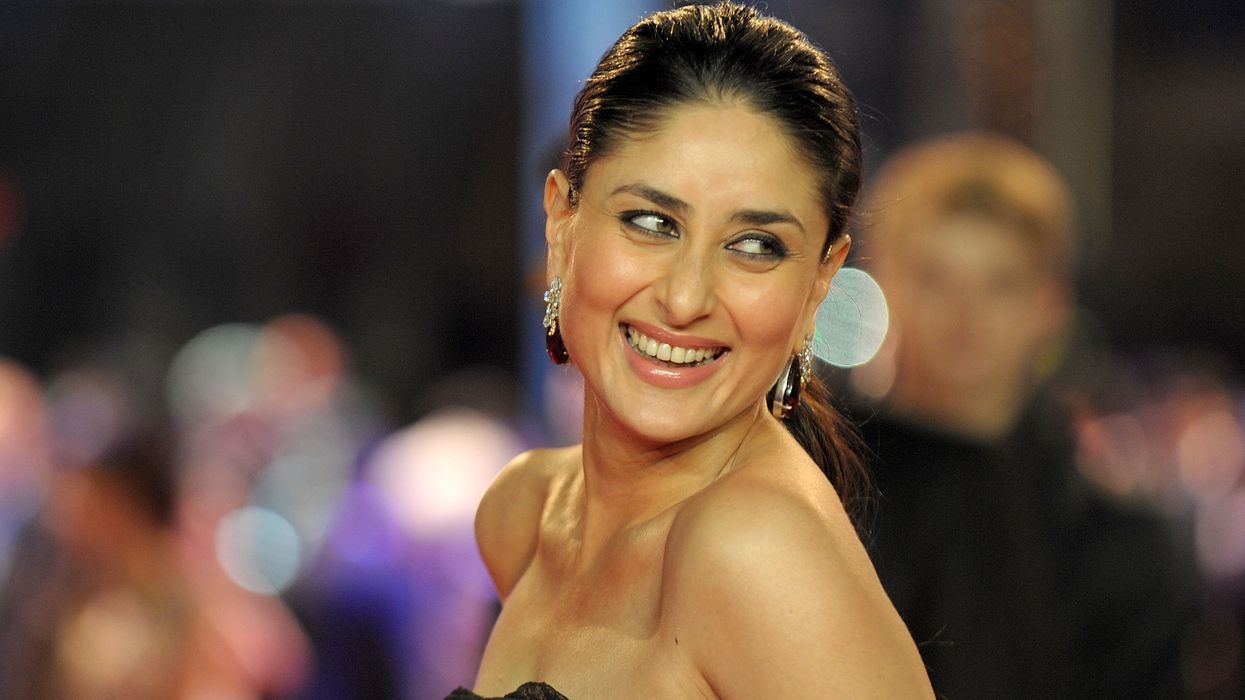Karachi recently hosted a rave night like no other, and one unexpected “guest” got everyone talking: Kareena Kapoor Khan! A video from the event has gone viral, showing what looks like the Bollywood actress dancing to electronic beats. But before anyone jumps to conclusions, no, she didn’t actually cross the border to attend a party in Pakistan. What attendees saw was an AI-generated avatar of Kareena, projected on a massive screen.
This surprising moment unfolded at what was claimed to be Pakistan’s first full-blown audiovisual rave, organised by DJ Hamza Harris. As the DJ dropped a remix of Kabhi Khushi Kabhie Gham’s title track, the screen lit up with a digital version of Kareena in a pink dress, mouthing her famous line, "Yeh kaun hai jisne mujhe mudh ke nahi dekha?"
The DJ later posted about it on Instagram, explaining the inspiration behind the concept. While rewatching the iconic 2001 film, he got the idea to build a techno track around Poo’s signature moment. He figured if he was going to play the remix live, it needed a powerful visual and who better than Poo herself?
Reactions online have been a mix of admiration and confusion. Some fans were thrilled by the blend of nostalgia and technology, while others weren’t impressed by the animation quality. One user joked, “Kareena looks like she’s late for a board meeting, not a rave.” Others were more supportive, calling it “next-level creativity” and tagging Kareena and filmmaker Karan Johar in hopes they would notice.
Kareena Kapoor's iconic ‘Pooh’ avatar reimagined in AI at a Karachi rave, leaving fans stunnedGetty Images
For DJ Hamza Harris, it was about pushing boundaries. He wrote, “No one’s ever done this at a rave before. It was chaotic. It was iconic. The crowd went mad.” He added that Karachi doesn’t need to wait for global festivals to experience AV shows and it can create its own moments.
As the video continues to make the rounds, fans are waiting to see if Kareena herself responds. This AI-fuelled rave moment has made its mark reminding everyone that even 20 years later, Poo is still a pop culture force.





